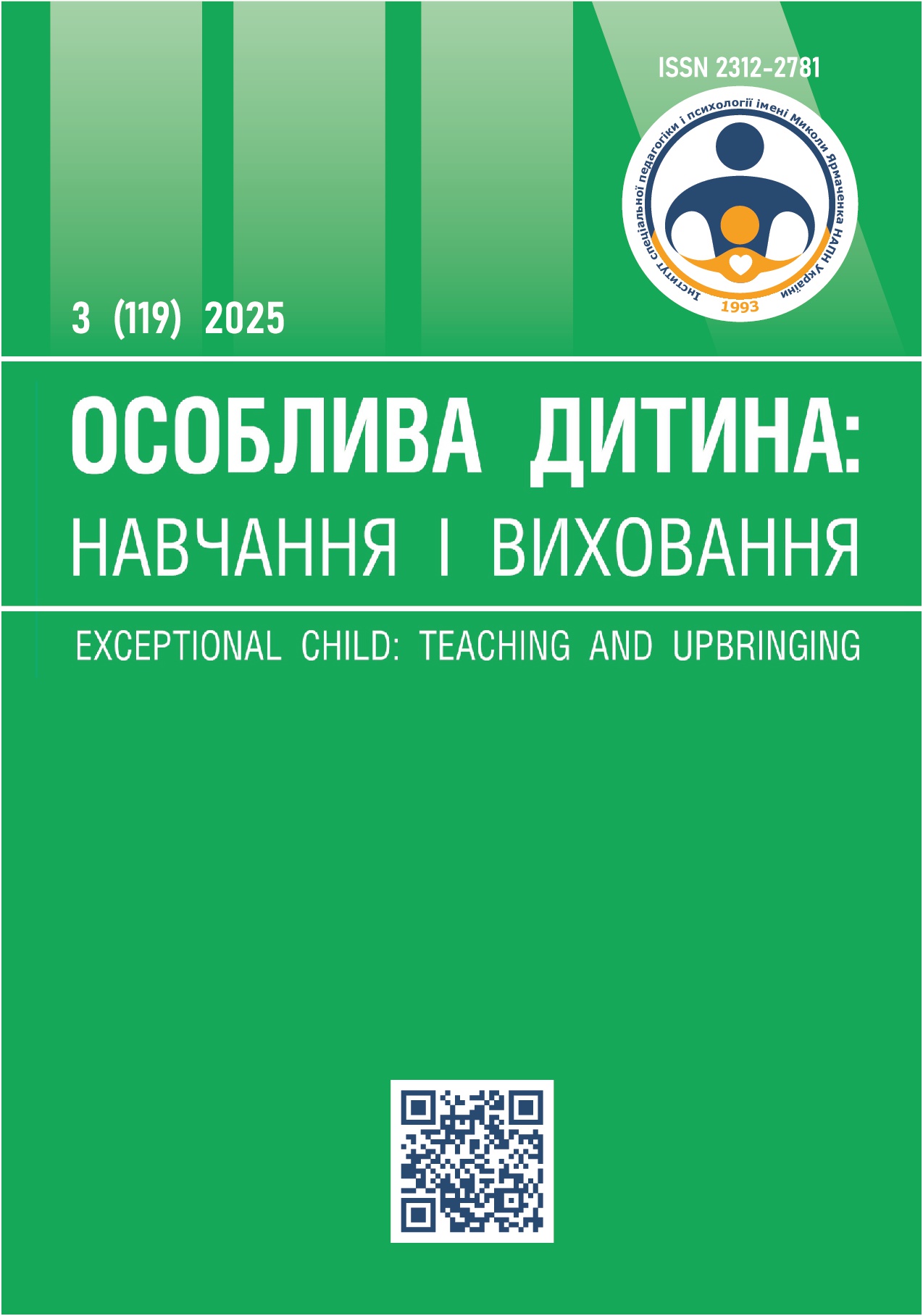A COMPREHENSIVE ANALYTICAL MODEL FOR INTERNATIONAL COMPARATIVE STUDIES OF EDUCATION
Abstract
The aim of the article is to present an original analytical model that integrates the advantages of structuralist, critical, and technocratic approaches to comparative research, while overcoming their methodological limitations.
Method. Theoretical analysis and synthesis, iterative theoretical modeling.
Results. The article presents an original comprehensive analytical model for international comparative analysis of educational systems, with a focus on the study of education for persons with special educational needs (SEN). The model is based on a synthesis of structuralist, critical, and technocratic approaches, designed to address their methodological limitations. It comprises three interrelated analytical blocks – contextual, ecosystemic, and outcome-oriented – each encompassing a set of categories that enable the study of external conditions of the educational system’s functioning, its internal organization, policies, stakeholder networks, resources, as well as social and economic outcomes. A distinctive feature of the model is its flexibility: it does not rely on rigidly fixed indicators but rather provides researchers with the opportunity to independently select criteria and analytical tools depending on the context. Its methodological advantage lies in the possibility of adapting the set of categories and methods to the specifics of research objects while maintaining the logical integrity of the analytical framework. This approach helps to avoid reductionism and fosters a deeper, context-sensitive study of educational systems.
Conclusions. The developed model can serve as a tool for academic analysis as well as a practical instrument for assessing the effectiveness of educational systems, identifying best practices, determining pathways for improvement and development, designing educational policy, and formulating evidence-based, context-sensitive recommendations in the field of SEN education, particularly in countries undergoing reforms or adapting to international standards.
References
Особлива дитина: навчання і виховання. №3(119). 2025. с. 163-178


